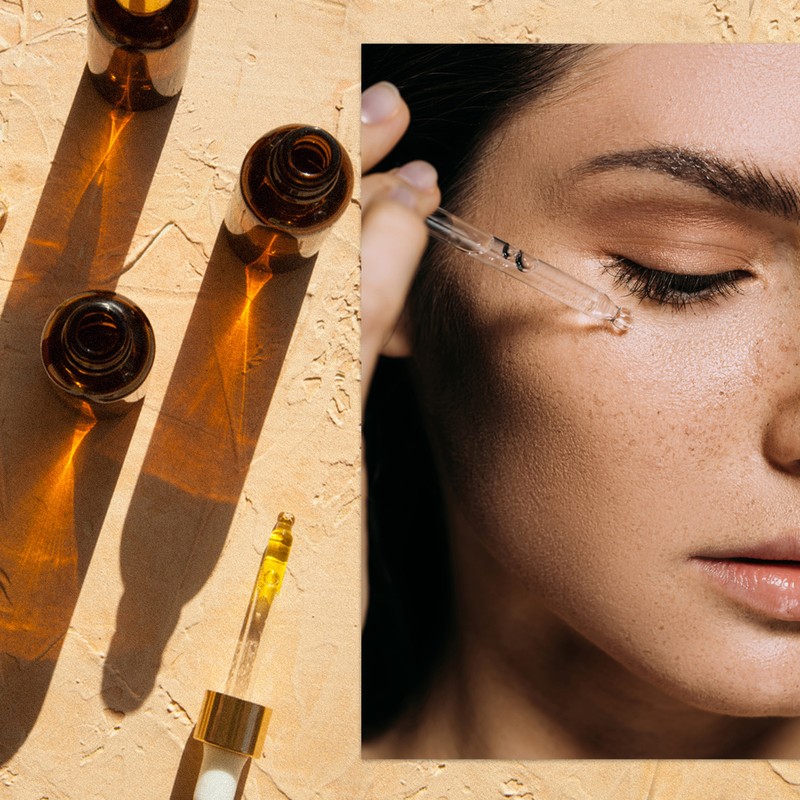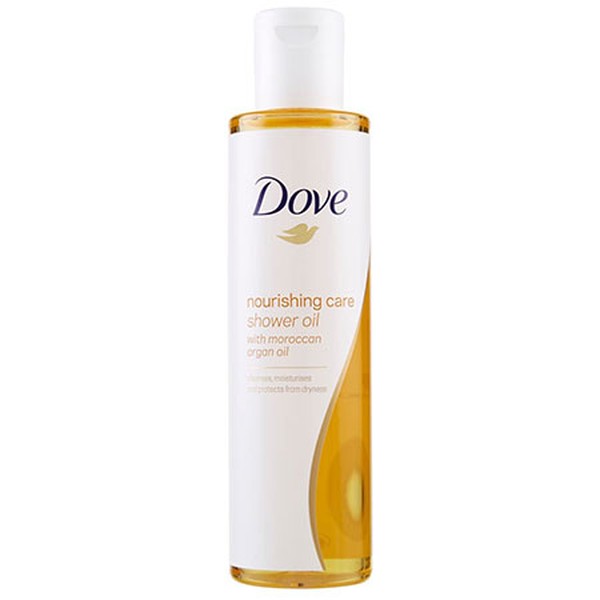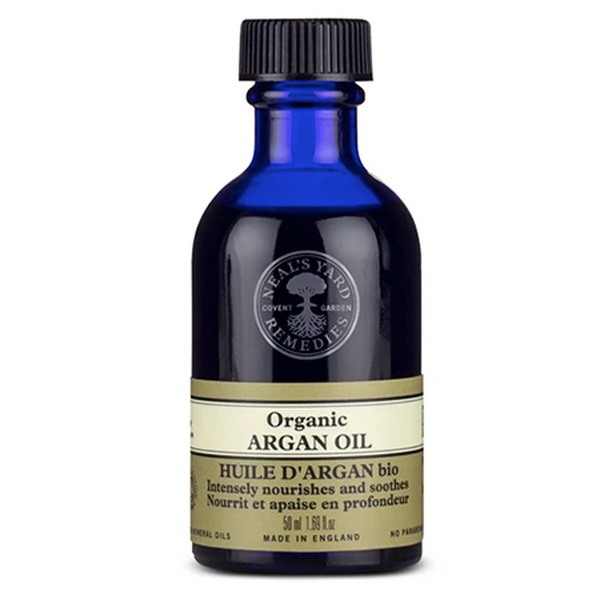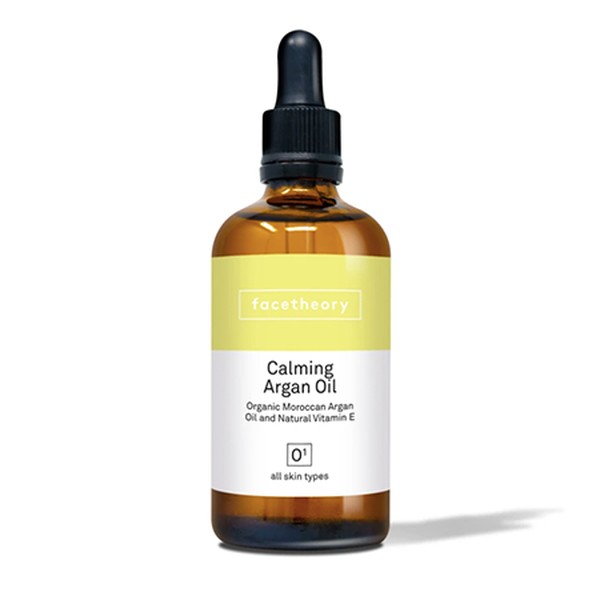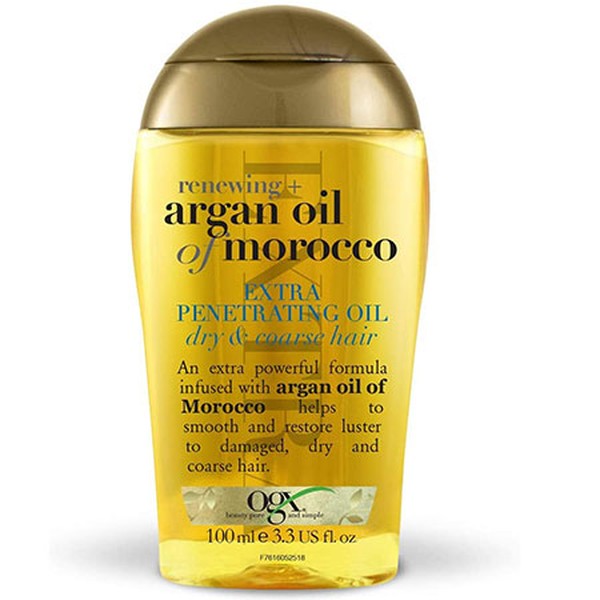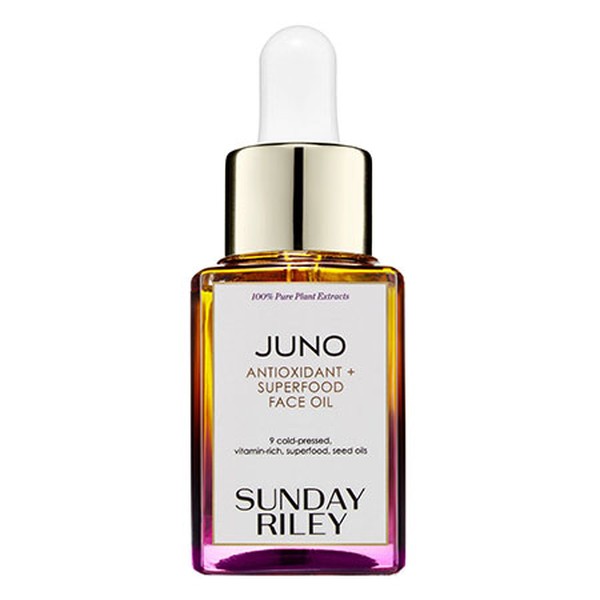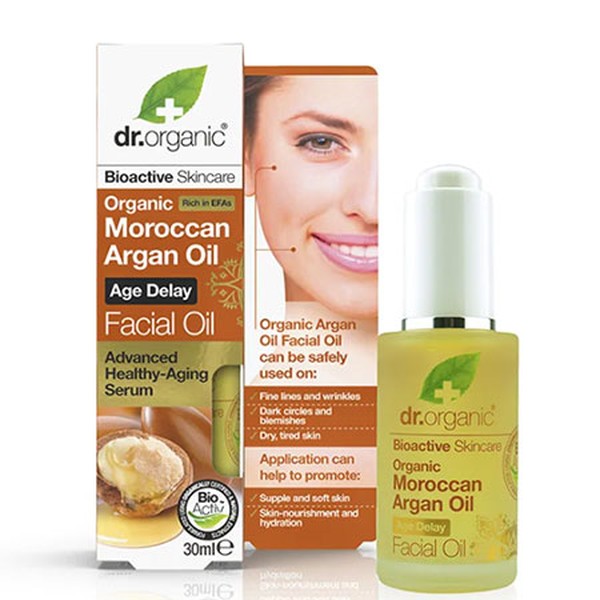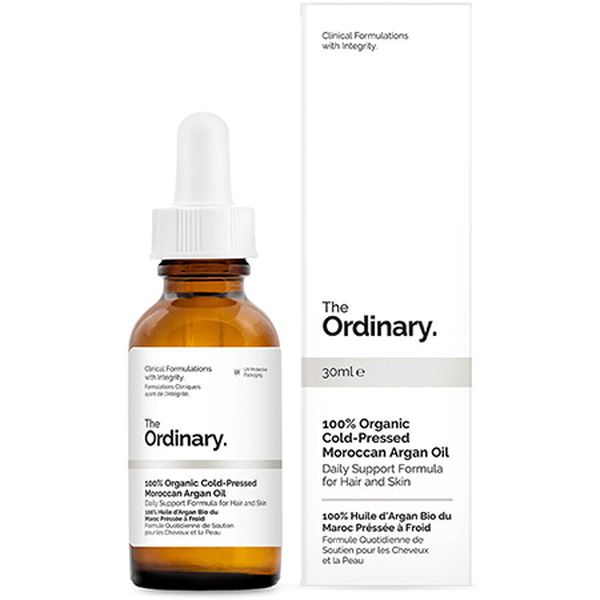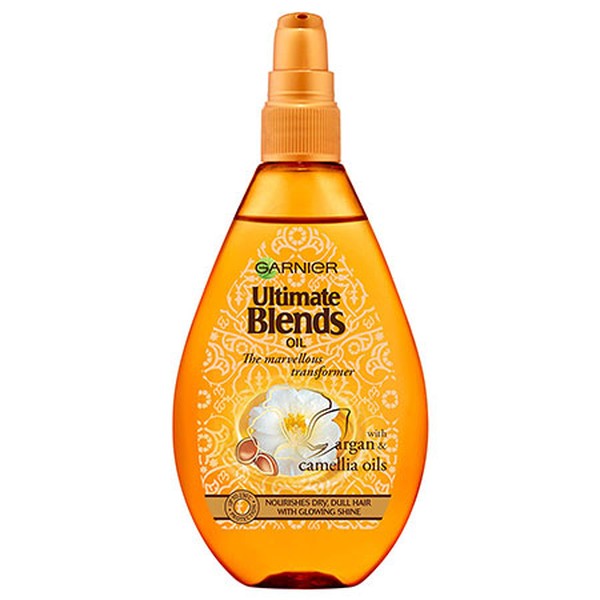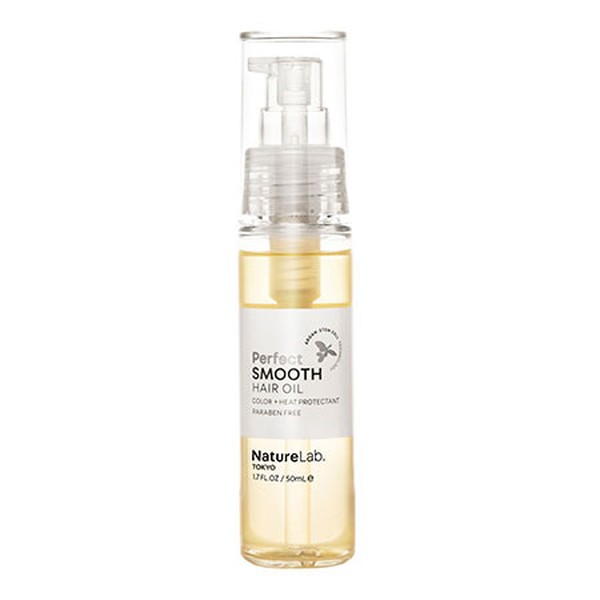The Beauty Benefits Of Argan Oil
Argan Oil Is Derived From Trees
What was once a natural, tribal remedy is now one of the most prized anti-ageing ingredients on the market. Produced from the kernels found inside the argan nut, which is found inside the fruit of argan trees in Morocco, the oil has previously been used to treat everything from joint pain to dry skin. Since then, its nourishing properties means it's appeared in everything from serums to soaps, hair oils to cosmetics.
It’s Suitable For All Skin Types
Unlike other oils (think castor and coconut), argan is more lightweight, so it’s an ideal option for all skin types, including those who are prone to sensitivity. It works gently to moisturise the skin, soften dry, flaky patches and in some cases, reduce the appearance of acne, too. This is because it acts as an anti-inflammatory, working to control oil production and balancing out sebum levels.
The Oil Contains Essential Acids
Argan oil contains high levels of vitamin E, but also essential fatty acids – notably oleic and linoleic acid. It’s these key ingredients that work to moisturise dry, flaky skin, while omega fatty acids repair cell membranes, in turn, promoting elasticity and a stronger skin barrier. It doesn’t stop there – Argan is also laced with carotenoids, which are proven to heal and repair skin, preventing irritation and protecting against further UV damage.
It Can Be Applied Pre-Moisturiser
The high levels of oleic acid are said to improve skin’s permeability, allowing other ingredients to penetrate deeper into the dermis. Try using one to two drops neat before your moisturiser if you want to supercharge the results and seal in hydration. You’ll also find many skincare formulas – including serums – contain argan, so you won’t have to add too many new steps into your regime.
All Hair Types Can Benefit
It’s not just skin that benefits. As it’s high in fatty acids, argan oil can improve the condition of your hair, while also nourishing the scalp. Try putting two to three drops into your palms before rubbing your hands together and applying it through from the roots to the ends – any excess can be massaged into the scalp. It’s great for all hair types, but works particularly well on those with frizzy, dry strands as it softens the hair, making it more elastic and less prone to breakage. Experts believe the antioxidant-rich formula can prevent hair dye from losing its pigment too soon – well worth a try.
It Won’t Clog Your Pores
Contrary to popular belief, argan oil is low-risk when it comes to being a comedogenic – a pore-clogging product. Studies show it actually decreases the oil production in the skin, lessening greasiness and in turn reducing the chance of breakouts or congestion. That being said, if you’re acne-prone or concerned about your pores, always consult a dermatologist first.
It Can Be Ingested Orally, Too
While liquid-form is best for topical application on the skin (it sinks in faster), argan oil can be ingested in capsule-form, too. Either way, you get the same benefits, from moisturising dry skin to rehydrating parched hair. An abundance of vitamin E, a fat-soluble antioxidant, works to improve water retention in the skin and body, in turn reducing inflammatory conditions like rosacea and eczema.
The Quality Can Vary
When you’re shopping for pure argan oil, make sure to choose wisely. Stick to high-quality products, as the method of oil processing and refinement can alter its effectiveness. Cold-pressing is preferable as it preserves beneficial lipids and limits irritating by-products.
Shop Our Pick Of The Best Argan Oil Beauty Buys Below…
DISCLAIMER: We endeavour to always credit the correct original source of every image we use. If you think a credit may be incorrect, please contact us at info@sheerluxe.com.
